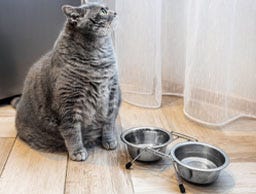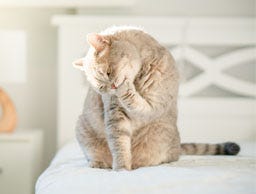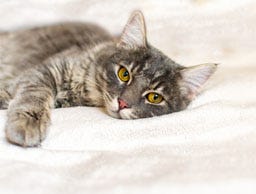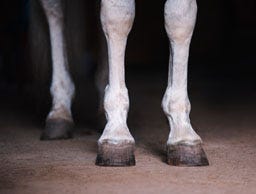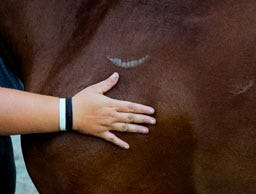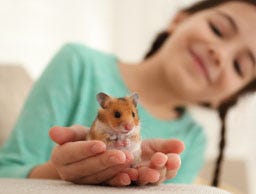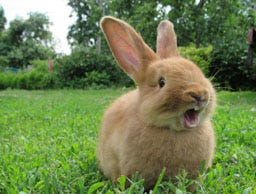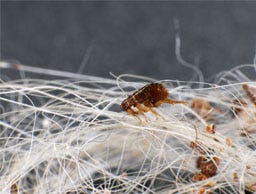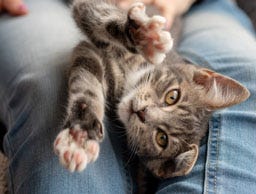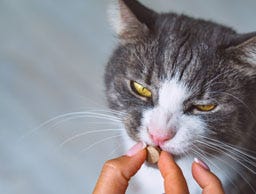Hairball Treatments & Remedies
Hairballs are caused by a collection of fur in your cat's stomach that they cannot pass and can be unpleasant for both you and your cat. Help keep your cat healthy and feeling good with our hairball treatments and remedies, including hairball cat food and hairball pastes and tablets to aid digestion.

Shop by
Feline Hairball Remedies
We offer a variety of medications, pastes, and oils designed to improve your cat's digestion and help prevent fur build-up before it becomes an issue. Pastes are a great addition to your cat's grooming routine, as many cats enjoy licking them off their paws. They also provide a helpful alternative for cats who are picky eaters.
For cats prone to hairballs, digestive support cat food is an excellent dietary addition. These pet foods are specially formulated with fibre and probiotics like psyllium and chicory, which help reduce fur build-up while promoting overall gut health and well-being.
Feline Hairball Treatment FAQs
Why do cats get hairballs?
When cats groom themselves, they swallow a lot of fur because of the rough surface of their tongues. This is quite normal, and a healthy cat can pass the fur through its digestive system with no issues. However, some cats can get a build-up of fur in their stomach, which causes a blockage that they must throw up.
This can happen to any cat, and if your feline friend brings up one or two furballs a month, this is probably nothing to worry about. However, if it’s more frequent, then this could indicate there is a bigger issue. Some of the most common causes of frequent hairballs are:
- - Excessive grooming, usually caused by stress
- - Long-haired breeds such as Maine Coons or Persians
- - Intestinal tract blockage means fur cannot easily pass
Are hairballs dangerous to cats?
In general, hairballs are not dangerous if your cat has them occasionally and can easily pass them. If your cat has too much fur in its digestive system then big problems can occur, which will need veterinary intervention.
Warning signs to look out for:
- - Bringing up hairballs multiple times a week
- - Continuous retching without bringing anything up
- - Digestion issues like constipation, diarrhoea, or vomiting
- - Refusing food
- - Lethargy
These can be symptoms of a much more dangerous issue such as a blockage and you should take your cat to a vet as soon as possible.
How to treat hairballs
If your cat is suffering from frequent hairballs, there are plenty of treatments that can help get their digestion back in order.
One of the best things you can do to prevent hairballs is to brush your cat at least once a week. This will help reduce the amount of fur your cat ingests and is essential for good hygiene if you have a cat with a particularly fluffy coat.
Browse our cat grooming supplies to find everything you need for your furry companion.
How often should I give my cat hairball medicine?
The frequency of giving hairball medicine to your cat depends on the type of remedy you are using and the severity of the hairball problem.
Generally, lubricating gels like Laxapet or similar products are given two or three times a week. It's important to follow the product guidance and consult with your vet if you have any questions.
Some hairball control treats, food or supplements can be used daily as part of regular diet maintenance.
Can hairball medication prevent hairballs from forming in the first place?
Yes, certain furball remedies can help keep hairballs at bay by improving your cat's digestion and reducing the buildup of hair in their system. Products like lubricating gels or fibre-rich treats make it easier for your cat to pass ingested hair naturally.
Regular grooming is also a big help, especially for long-haired cats, as it reduces the amount of loose hair they might swallow while cleaning themselves.
Does wet food help with hairballs?
Wet cat food can play an important role in managing hairballs due to its high moisture content. The increased hydration helps support healthy digestion and can assist in moving ingested hair more effectively through the cat's system.
This not only aids in the natural process of hair passing through the digestive tract but also reduces the likelihood of hairballs forming.





























